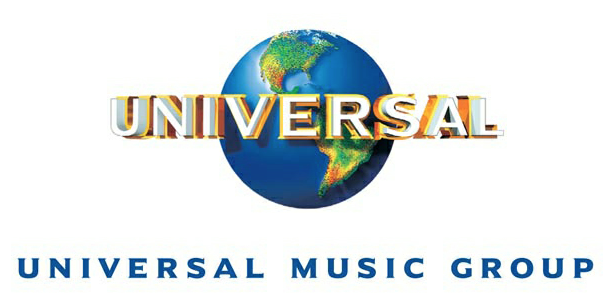Universal Music Group signs deal to pay indie publishers for YouTube, Vevo content


After years of major record labels keeping the revenue from their ad-supported content on YouTube and VEVO, HollywoodReporter reported today that the National Music Publishers’ Association announced a deal with Universal Music Group (one of the owners of VEVO), which will see the label pay indie music publishers for the content:
The NMPA termed the agreement, which covers North America, a groundbreaking model licensing deal because it will allow songwriters and music publishers to share in revenue from music videos. Up until now, while Youtube and VEVO were making money on their ad-supported services, indie music publishers had not shared in that revenue because the major labels long considered videos as promotional tools and never paid for licensing the songs used in the videos. But as it became a growing revenue stream, indie publishers began to grumble that the major labels paid the major publishing companies but none of the independent music publishers.
The specifics of the deal have not been made public, but the report claimed that sources said publishers would get 15 percent of advertising revenues related to their content. It also claimed the deal would be “retroactive back to 2008” with the amount for 2008 and 2009 set at 10 percent. The deal is said to cover not just music videos, but also “concert footage, backstage videos and artist interviews.”
